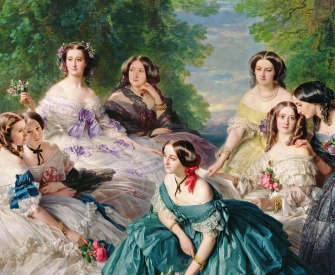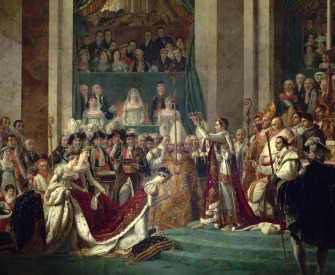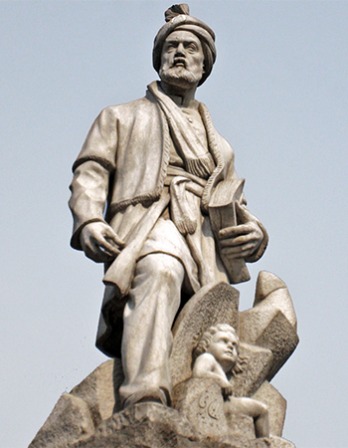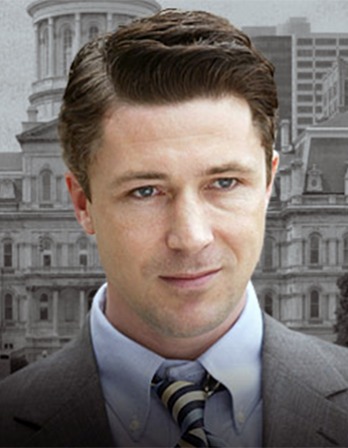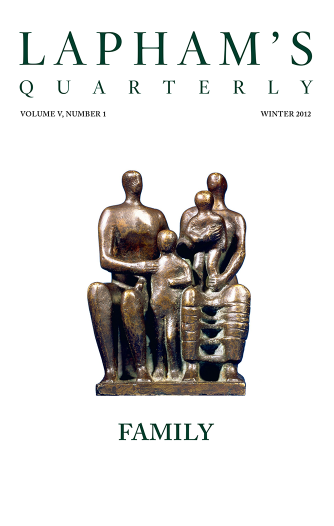Gloucester: These late eclipses in the sun and moon portend no good to us.
Though the wisdom of nature can reason it thus and thus, yet nature finds itself scourged by the sequent effects. Love cools, friendship falls off, brothers divide. In cities, mutinies; in countries, discord; in palaces, treason; and the bond cracked ’twixt son and father. This villain of mine comes under the prediction: there’s son against father. The king falls from bias of nature, there’s father against child. We have seen the best of our time. Machinations, hollowness, treachery, and all ruinous disorders follow us disquietly to our graves. Find out this villain, Edmond, it shall lose thee nothing. Do it carefully. And the noble and truehearted Kent banished; his offense, honesty. ’Tis strange.
[Exit]
Edmond: This is the excellent foppery of the world, that when we are sick in fortune, often the surfeits of our own behavior, we make guilty of our disasters the sun, the moon, and the stars; as if we were villains on necessity, fools by heavenly compulsion, knaves, thieves, and treachers by spherical predominance, drunkards, liars, and adulterers by an enforced obedience of planetary influence; and all that we are evil in, by a divine thrusting on. An admirable evasion of whoremaster man, to lay his goatish disposition on the charge of a star! My father compounded with my mother under the Dragon’s tail, and my nativity was under Ursa Major, so that it follows, I am rough and lecherous. I should have been that I am had the maidenliest star in the firmament twinkled on my bastardizing.
[Enter Edgar]
Pat he comes like the catastrophe of the old comedy. My cue is villainous melancholy, with a sigh like Tom o’ Bedlam. O these eclipses do portend these divisions. Fa, sol, la, me.
From King Lear. First performed before King James I on St. Stephen’s Day in 1606, Lear was revised after the Restoration by seventeenth-century Irish poet Nahum Tate to have a happy ending. The play’s use of the word disaster came just a few years after it had entered English, carrying the astrological sense of an “ill-starred” event from astrum, Latin for “star” or “planet.” “Nothing is solved in or by King Lear,” wrote critic Harold Bloom, “and Lear loses his old gods without finding any new ones.”
Back to Issue

